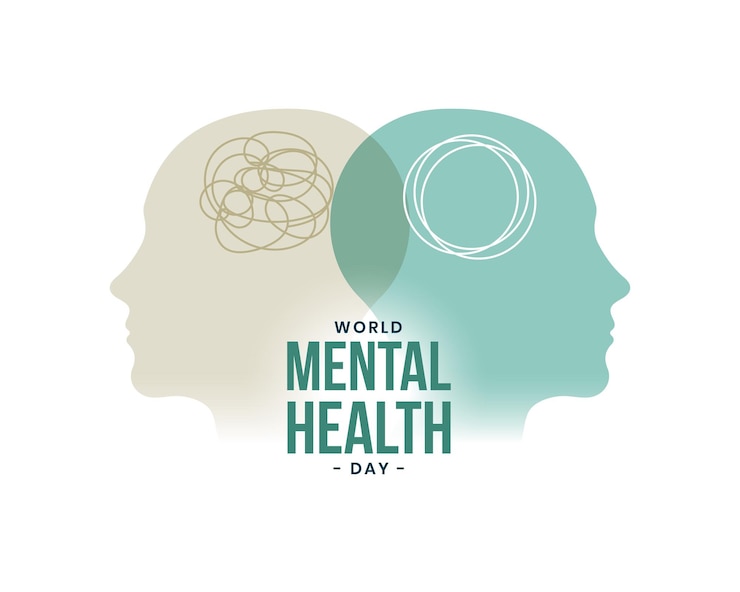
Making the decision to schedule your first psychiatric appointment is a big step, so give yourself some credit for taking it. If you’re feeling nervous, that’s completely normal. Understanding what to expect beforehand can help ease some of your anxiety. From gathering your medical history to recognizing that therapy can bring up strong emotions, being prepared makes the process smoother. Here’s a breakdown of what you should know and how to prepare before your visit.
1. Your Privacy Is Protected
Your psychiatrist will keep everything you discuss private. In some cases, they might need to share information with other medical professionals or involve family members in your evaluation, but they will always talk to you about it first. In rare situations where laws require them to share information, your psychiatrist will usually inform you beforehand.
2. Bring a Detailed Medical History
Come to your appointment ready to share both your personal and family medical history. Here’s what you should have on hand:
– A list of all medications you currently take or have taken, including psychiatric medications, along with the duration of use.
– Any medical conditions or diagnoses you’ve had.
– Information about family members with mental health conditions, if you know of any.
If you’ve already seen a psychiatrist before, to bring a copy of your past records or have them sent to the new psychiatrist’s office. Be prepared to answer questions about your history and current symptoms—it’ll help your psychiatrist understand your situation better.
3. Expect Questions During the Appointment
Your psychiatrist will probably ask you some open-ended questions, which can feel challenging if you’re unsure how to start. Don’t stress too much about giving the “perfect” answer—there’s no right or wrong way to respond. If you want to feel more prepared, think about how you’d describe what you’ve been experiencing and what you hope to achieve through therapy.
4. It’s Okay to Feel Emotional
It’s completely fine to experience a wide range of emotions during your session. Talking honestly about your concerns can feel overwhelming, especially if you’ve been suppressing feelings for a long time. Many people find these conversations draining, but it’s all part of the healing process. Don’t hesitate to use tissues if you need them—that’s what they’re there for!
You may also be asked about sensitive topics, such as past trauma or abuse. If you’re not ready to discuss something, let your psychiatrist know. It’s okay to set boundaries at your own pace.
5. A Plan for Moving Forward
Toward the end of the session, your psychiatrist will discuss treatment options with you. These might include:
– Recommendations for medications.
– Referrals to therapists or other mental health professionals for counseling.
– Suggestions for additional care, especially if intensive treatment is needed.
– Lab tests or procedures, which might be required before starting medication or to rule out other underlying medical issues.
If you have any questions about your diagnosis or treatment plan, don’t hesitate to ask before the session ends.
Final Thoughts
Feeling nervous about your first psychiatry appointment is completely normal, but remember, this is an important step toward caring for your mental health. Knowing what to expect can help ease your fears and make the experience more manageable.
Also, keep in mind that finding the right psychiatrist is key. If the first one you meet doesn’t feel like a good match, it’s okay to try someone else. Your comfort and trust in this professional are essential to achieving your therapy goals. So be patient with yourself and the process—you’re taking an important step toward a healthier you.